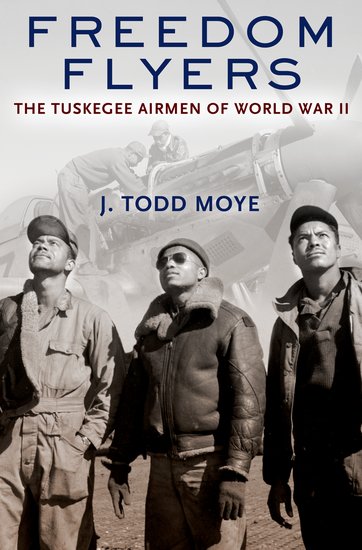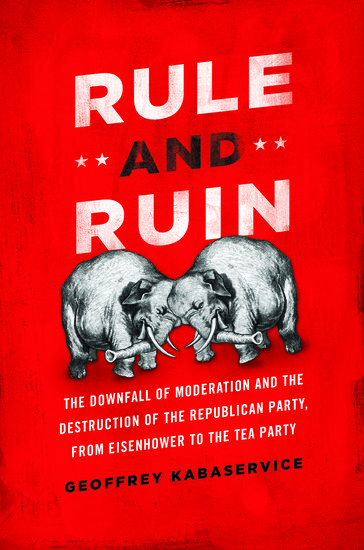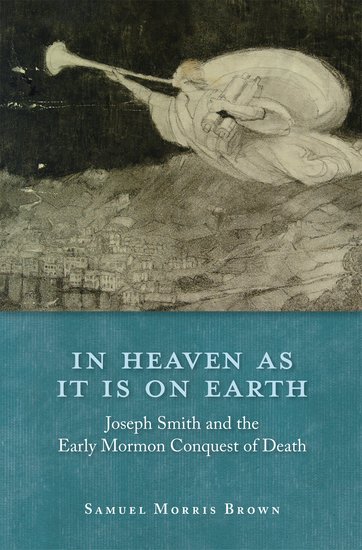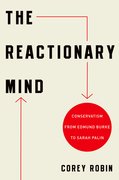How to communicate like a Neandertal…
By Thomas Wynn and Frederick L. Coolidge
Neandertal communication must have been different from modern language. Neandertals were not a stage of evolution that preceded modern humans. They were a distinct population that had a separate evolutionary history for several hundred thousand years.




















